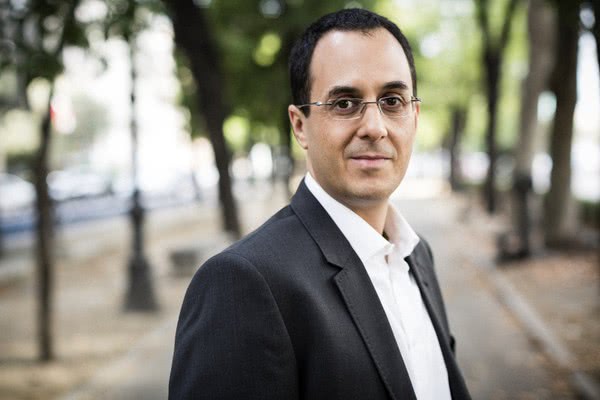European Parliament rejects copyright bill

Europe’s creative sector must now play a waiting game after members of the European Parliament decided not to fast-track sweeping copyright reforms.
In what was billed by the music biz as a once-in-a-generation vote, MEPs on Thursday focused their attention on the Copyright Directive, the culmination of several years of development and lobbying.
But a plenary vote saw the bill narrowly defeated, 318 votes to 278 votes, with 31 abstentions.
The directive would have major implications on how user-generated platforms like YouTube and Facebook remunerate content providers and was provisionally approved last month by the European Parliament’s Legal Affairs Committee.
Its supporters include Paul McCartney, and a chorus of European music bodies, the three major labels and thousands more artists, songwriters and rights holders. But their voices weren’t enough to persuade MEPs and the bill will likely be debated and amended before parliamentarians meet for a second plenary vote in September.
CISAC director general Gadi Oron was blunt on his assessment, calling the European Parliament’s rejection of the bill a “missed opportunity to fix one of the biggest problems in today’s digital market.”

CISAC director general Gadi Oron
For creatives, more works need to be done, though lobby groups remain confident of a good result. “Today’s decision means there will be another debate,” says Helen Smith, executive chair of pan-European trade body Impala. “We are confident that in September the Parliament will reach a conclusion and secure a fair and sustainable Internet. Platforms facilitate a unique relationship between artists and fans, and copyright reform should help rebalance the licensing framework around this.”
Impala and fellow advocates for copyright reform blasted the level of lobbying and “campaign of misinformation” from the tech sector that led into this week’s vote.
The directive has two key sticking points: Article 11, which would require Google, Facebook and others to pay a license fee for quoting text when linking to news stories, and Article 13, which would force user-generated platforms to install filters to police copyright-infringing content.
But opponents, which include Wikipedia founder Jimmy Wales, say the changes would wind-back creativity and a free Internet. Some said the directive would spell the end of memes and remixes.
“From the outset,” notes Robert Ashcroft, Chief Executive, for the U.K.’s PRS for Music, “our primary focus of this legislation has been concerned with whether or not the internet functions as a fair and efficient marketplace – and currently, for artists and authors, it doesn’t.
“They want their creative works to be heard, they embrace technology, but they want to be paid fairly. We will continue to fight for what we believe is their freedom and a fair use of their creative works.”
This article originally appeared on The Industry Observer, which is now part of The Music Network.






























